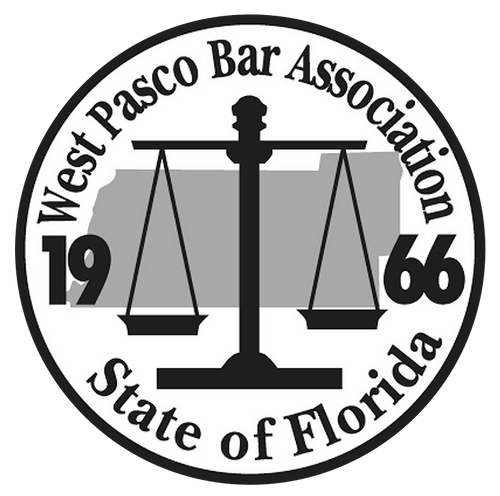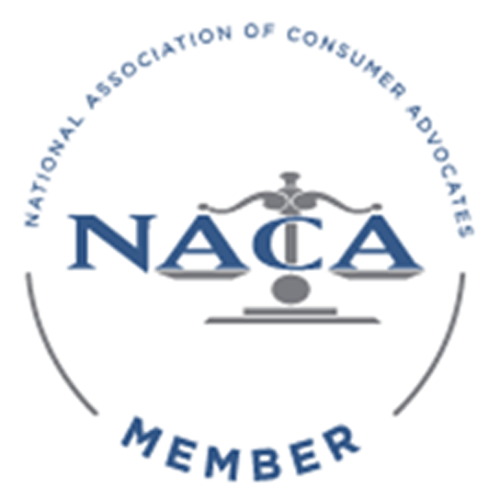What Is a Loan Modification?
 If you’re facing a potential foreclosure, you’ve likely started researching what you can do to avoid losing your home. One way to defend against foreclosure is to modify the terms of the mortgage. Below, The Lyons Law Group, P.A.—a trusted foreclosure defense firm serving the Tampa Bay area—explains what a loan modification is, what a typical agreement involves, and what must be shown to achieve this type of relief.
If you’re facing a potential foreclosure, you’ve likely started researching what you can do to avoid losing your home. One way to defend against foreclosure is to modify the terms of the mortgage. Below, The Lyons Law Group, P.A.—a trusted foreclosure defense firm serving the Tampa Bay area—explains what a loan modification is, what a typical agreement involves, and what must be shown to achieve this type of relief.
What Does a Loan Modification Involve?
Commonly referred to as a “remodification” or a “mortgage modification,” a loan modification involves changing the original terms of the mortgage on the property. Generally speaking, the bank agrees to let the homeowner make lower monthly payments in order to catch up on what they owe.
The terms of a loan modification will vary from one mortgage to another, but these agreements commonly include one or more of the following options:
- Principal forgiveness – The bank permanently forgives a portion of the amount that the homeowner owes toward the mortgage principal.
- Principal deferment – The bank allows the homeowner to repay a portion of the mortgage principal at a later date. It’s important to note that unlike principal forgiveness, principal deferment does not erase the debt, and the homeowner will still need to eventually repay it.
- Interest rate reduction – The bank reduces the loan’s interest rate.
- Extension of the loan’s maturity – The bank extends the homeowner’s deadline to make their final payment on the loan.
- Shared appreciation plan – The bank forgives part of the loan’s balance in exchange for a percentage of any appreciation in home value that occurs (1) before the homeowner pays off the loan; or (2) before the home is sold. This option is best suited for instances where a home’s value has decreased so much that the outstanding mortgage balance is more than what the home is worth.
What Is Required for a Loan Modification?
To qualify for a loan modification, a homeowner must prove sufficient financial hardship and that they can afford the proposed modified payments. As such, the homeowner will need to submit a full and complete financial disclosure to the bank, along with current documentation.
Depending on the type of loan modification you choose to pursue, you may also need to provide additional information (for example, if you’re requesting a shared appreciation plan, you’ll need to show that the value of your home has significantly declined). A knowledgeable foreclosure attorney—such as those at The Lyons Law Group, P.A.—can explain in greater detail exactly what this submission must include and help ensure that all required documents are forwarded to the bank.
Find Out Whether You Could Benefit From a Loan Modification
When you start getting behind on mortgage payments, one of the best things you can do is meet with a foreclosure attorney, even if you haven’t yet received a foreclosure summons from the bank. An experienced foreclosure lawyer will be able to explain the various options available to you—in addition to a loan modification, this might include a case dismissal, a short sale, or cash for keys—and recommend the strategy that’s best suited to the facts of your case.
Luckily, if you’re in the Tampa Bay area, you can turn to the skilled advocates at The Lyons Law Group, P.A. With offices in New Port Richey, FL, and Spring Hill, FL, we represent clients from across Pasco and Hernando counties in their foreclosure lawsuits. Contact us today to schedule a free initial consultation—we look forward to helping you develop a foreclosure defense strategy and achieve the best possible results in your case.





